
Sickle Cell.
The mere mention of the disease can send a shiver up the spine. But no, this condition does not come with a free Grim Reaper waiting to snatch you away. What it does present, however, is a whole host of symptoms that can severely disrupt your life if left untreated.
A type of disorder related to your red blood cells, Sickle Cell Disease actually changes the shape and consistency of your blood, resulting in cells that are C-shaped like the sickle tool. As a result, your cells can become slow and clogged, dying prematurely and leading to potential blood clots, pain, fatigue, swelling, infections, and more.
Unfortunately, Black folks are at a much higher risk of developing Sickle Cell Disease. According to the CDC, only about 100,000 Americans suffer from the condition, but roughly one out of every 365 Black American babies have the disease. Moreover, nearly 10 percent of Black Americans carry the ‘trait’ for the disease. While these individuals themselves won’t get the disease, they can pass the gene to their children.
If you were diagnosed, you’ve probably already been using medications and treatments. You probably have taken pain relievers, penicillin, and Hydroxyurea to prevent more sickle cells from forming. Perhaps, you’ve even had transfusions and transplants.
But did you know there might be natural remedies that can help?
Here are five incredible herbs that may just help your Sickle Cell symptoms.
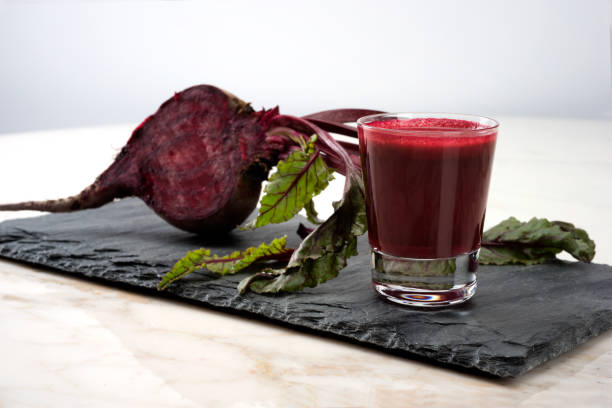
1. Beetroot Juice
Derived from the beet plant, this potential remedy can be bought in liquid form or as a powder to mix. It’s found to be effective for Sickle Cell Disease because it contains something called nitrates, which increase blood and oxygen levels and help to dilate your blood vessels. This, in turn, lowers your blood pressure and makes it easier for your body to get the nutrients it needs. Beets are also rich in iron and help detoxify your kidneys and liver, which take damage from certain medications.
Drink this powerful juice alone or mix it with other veggies and fruits. Aim for two cups per day and see how your symptoms fare!
RELATED: SCD Pain Crisis? Here’s What to Do
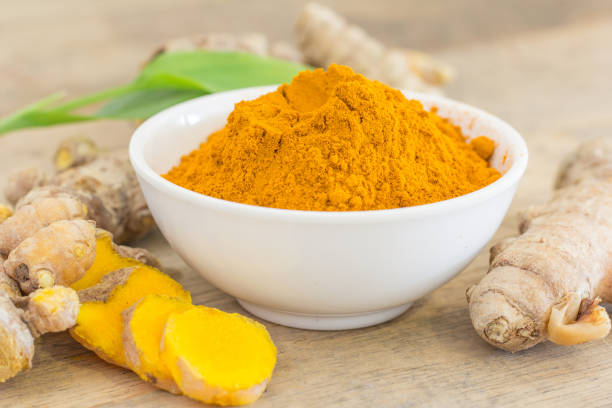
2. Turmeric
Long known for its anti-inflammatory effects, turmeric is a prized spice for a reason. Not only is it a great addition to many dishes, but it also carries numerous health benefits. In patients with Sickle Cell Anemia, especially, turmeric has been shown to increase iron absorption. This is great for your blood, as iron is key to getting oxygen throughout your body. Turmeric also contains something called anthocyanin, which may help with the sickling and premature death of red blood cells.
Looking to include turmeric in your diet? Whether you use the actual spice, a tincture, or capsule form, incorporating turmeric into your daily regimen is a must.
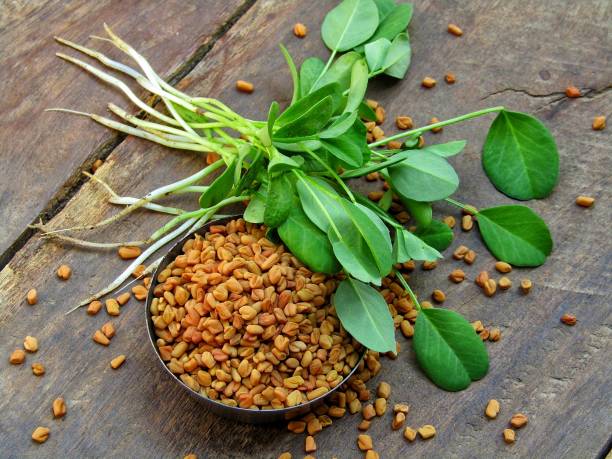
3. Fenugreek
Easily grown across many climates, fenugreek may be a Godsend for Sickle Cell sufferers. Like turmeric, fenugreek has been shown to have significant impacts on the sickling of cells. It also contains many overall benefits related to its omega-3 fats, fiber, and vitamin K content. Known to balance hormones, control blood sugar, and reduce heart disease risk, fenugreek is easy to incorporate!
Throw its leaves in a salad, use it dry as a rub, cook it in sauces, use its powder in smoothies, or purchase it in the ointment, capsule, or extract form. The opportunities are endless!
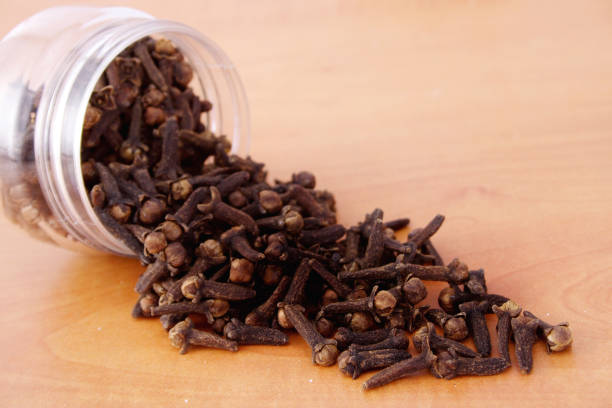
4. Clove
Spicy and sweet, these lovely flower buds often go great in desserts, meats, and specialty drinks. But did you know they’re also fantastic for treating Sickle Cell? Cloves do this by increasing circulation and reducing clotting risk. They also reduce inflammation and thereby pain, making for a far more manageable experience. In fact, clove oil is often used to treat pain, serving as a nice alternative to pharmaceutical painkillers.
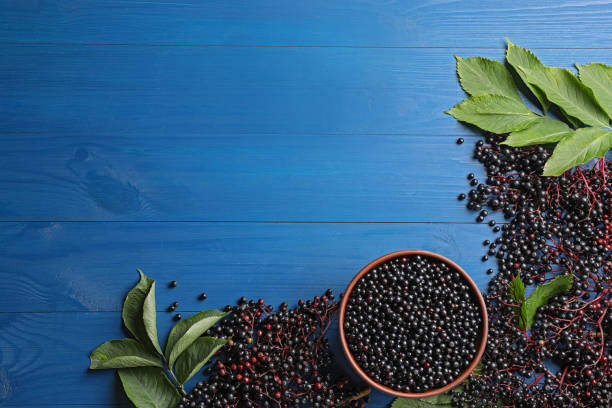
5. Elderberry
Last but not least, is this powerful immune system booster. Known for its ability to ward off infections, heal cell damage, and protect your lungs and heart, elderberry takes many forms. You can brew it as a tea, take it in a syrup, or suck on a lozenge. Jam-packed with vitamin C, elderberry can help with those nasty reinfections common in Sickle Cell sufferers.
Just one word of caution: be sure to speak to a pediatrician before giving to a child. In high amounts, elderberry may cause the release of cyanide. However, when prepared properly, these risks are greatly minimized.
As always, speak with your doctor and alternative medical professionals as you chart your treatment. These herbs should not replace standard treatments and lifestyle changes. Rather, they should supplement them. With a comprehensive, holistic approach, you can start controlling your symptoms and live your best life!








